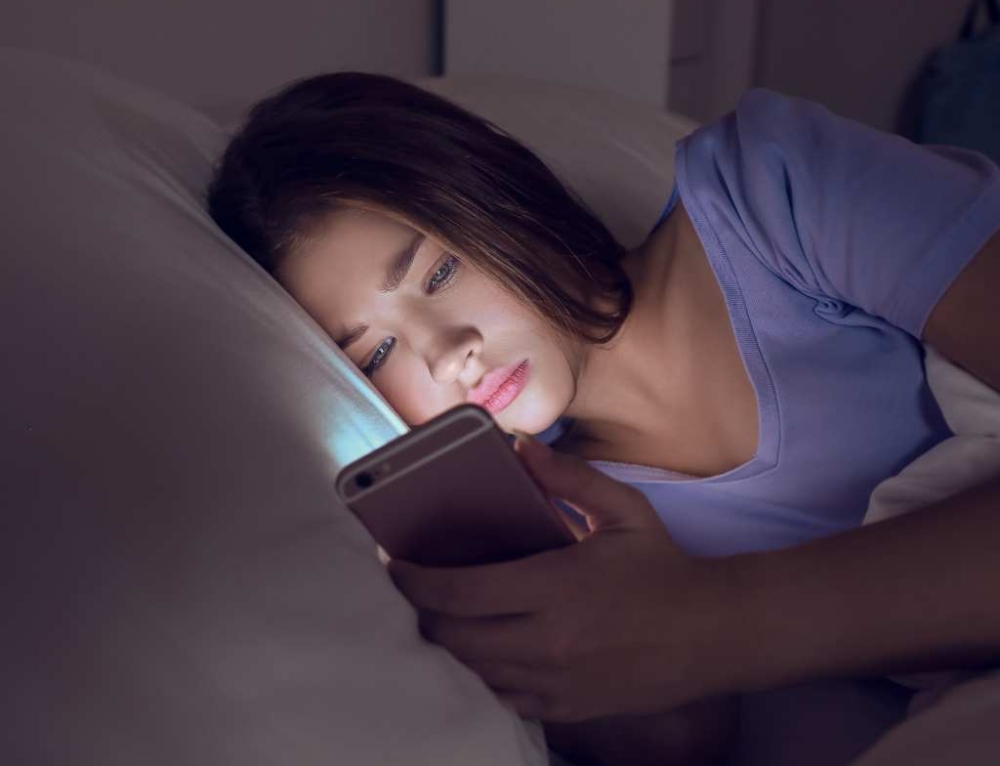Originally published January 2019
Depression, obesity, short-sightedness, cancer … it seems every other week there’s a report on how screen time is adversely affecting children. And then the next report contradicts them all!
All of it can leave parents wondering just what the real effects are and what is considered to be safe.
Long-term study of screen time
A study started in 2015 by the National Institutes of Health is following 11,000 children, then aged 9 to 10 years old, for an entire decade. The childrens’ use of digital screens like smartphones, video games, and tablets will be monitored to determine how their use can affect a child’s developing brain, their emotional development and mental health. The study also looks at how a range of factors affect brain development including sleep, sport, substance use, academic results, etc.
Analysis of initial brain scans of the participants show that those children who spend more than seven hours a day on screens experience “premature thinning of the cortex,” says one of the study’s authors in an interview with 60 Minutes. Children who have more than two hours of screen time a day achieved lower scores on thinking and language tests.
However, researchers say that it is too early to determine if screen time is the cause of the cortex results – or even if it is a bad thing.
Transferrable skills
According to lead author of the American Academy of Pediatrics most recent screen-time guidelines, Dr Dimitri Christaki, young children don’t know how to translate two-dimensional skills learned on a screen to the real, three-dimensional world. For instance, building with virtual blocks on a screen, is not a transferrable skill and a child who then plays with real blocks will have to start over with tactile learning.
Read more from the 60 Minutes report here.
To find out more about the study, visit abcdstudy.org.
Screen time recommendations
The NZ Ministry of Health recommends no more than two hours per day of recreational screen time for kids aged five and up.
The American Academy of Pediatrics most recent recommendations are for no more than one hour per day of screen time for children aged two to five. The Academy recommends only high quality programming that is co-viewed with a parent to help the child understand what they are viewing and suggests no screen time for children under 18 months old other than video chatting. For older children and teens, they caution against too much screen time, but without a specific time limit. They stress that screen time should not take the place of physical activity, hands-on exploration, face-to-face communication and adequate sleep. (Updated Mar 2021)
Worried about your child’s screen time?
If you are at all worried about your child’s screen usage, online safety advocates Netsafe suggest that parents consider the following:
- Is excessive internet use affecting their sleep?
- Is excessive internet use affecting the quality of their schoolwork?
- Has their behaviour changed?
- Do they become angry or even aggressive if you try to limit their time online?
- Are they spending so much time online that other hobbies are becoming less important?
If negative effects are resulting from their screen time, setting limits or reducing existing limits may be an option for parents. Netsafe have tips for screen time strategies using both parenting techniques and technology solutions.
Does your child’s screen time concern you? Do you find it difficult to restrict use?
This article was written by Julie Scanlon, Editor for Kidspot NZ.
Read more on Kidspot:







We are a tech-savvy family – my husband works in IT and a gamer so we have so much tech stuff at home. So we can’t fully avoid it, it’s best to teach kids moderation. But I do notice if my son tends to get too “addicted” to it, I do have to make sure we do something else and to put limits.
My teenagers look at their phones a lot but my younger kids aren’t really interested, they might spend 10-15 minutes on the iPad but they get bored with it quickly and put it down to do other things. We choose the games that go onto it and they are mostly educational, some are just for fun, but they do seem to learn from it, they were recognising letters and number by the time that they were about 1.5 and my daughter was doing basic maths at 2
To be honest I don’t restrict their screen use. My eldest finds screen time relaxing and she needs it. My youngest doesn’t sit in front of the same screen for long. She is always switching it up. Playing with her dolls, on the Switch, playing with the cat then it’s youtube, roblox, whatever. I try to make sure they gets good amount of time out and about as well.
I am a big believer that we shouldn’t be using screentime as a method of babysitting our children. My life could be way easier if I chose to park my children up in front of screens but I believe that there is a limited time and place for screen time and I prefer quality time with them instead.
I do think my boys can be on it a bit much so I try to limit it as much as I can by redirecting to outside play etc.
Firstly i dunno about that comment from the Dr about skills not being transferable and gave the example of the building blocks… The reason i say this is im hearing more often than not when im teacher aiding is “I learnt it from WATCHING youtube” or “A game character does it so i do too” so shows that kids are tranferring those skills?
I deff dont worry too much about my boys screen time… Ive always had a rule and its always worked even now 5yrs later…. For every 1hr on a device whether tv, gaming, phone its then double doing other things eg outside, reading, drawing, playing together, imagination play with toys etc… This way its given them abit of responsibility but also keeps me in control at sametime.
This is scary stuff that it can be causing cancer etc and vision problems. Especially when they have screen time at school as well as at home how are we meant to manage this when we don’t know how much is happening at school. Very scary reality. I found this a very interesting read
Our 6 year old used to use the tablet almost every day, but we definitely limited her time. It recently died and we decided not to replace it just yet. We are encouraging her to read and draw more, play cards and do other stuff rather than wanting to go on a screen. She can still play the odd game on the computer but we just say no now and if she doesn’t like it she goes to her room 🙂
Our children have iPads and one needs it for school and homework at intermediate age. The other 2 are primary age and I think my youngest who is 8 can be on it too often I’m always telling him to get of it we even hide it or lock away sometimes. There is way to much technology these days.